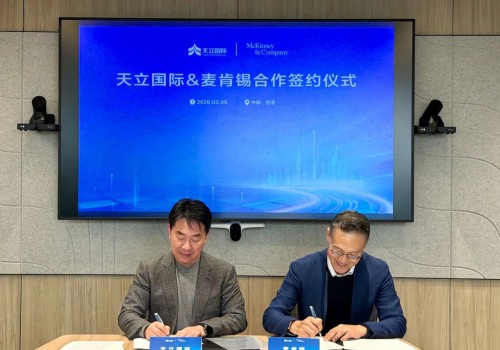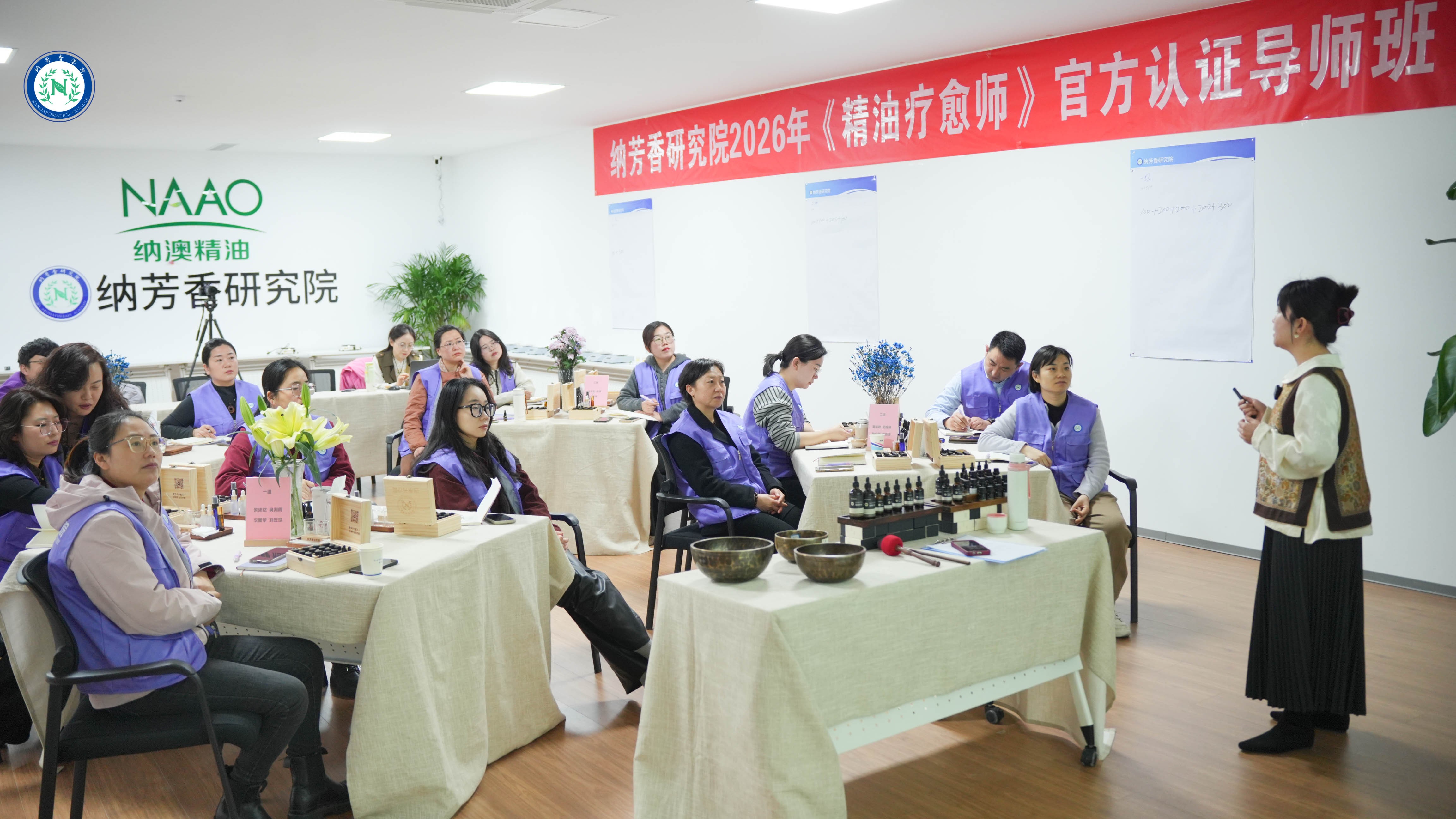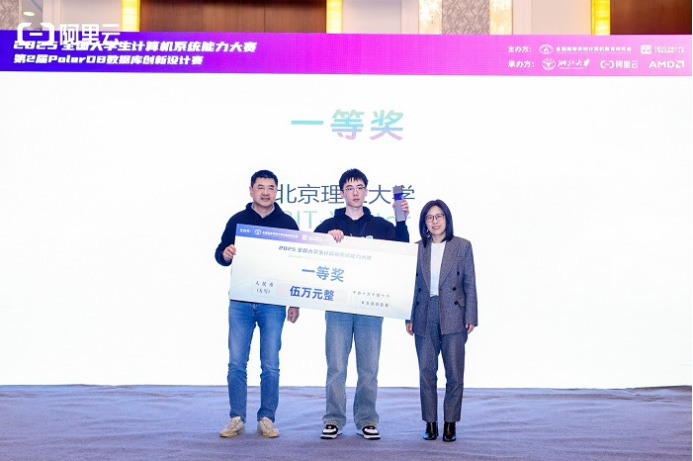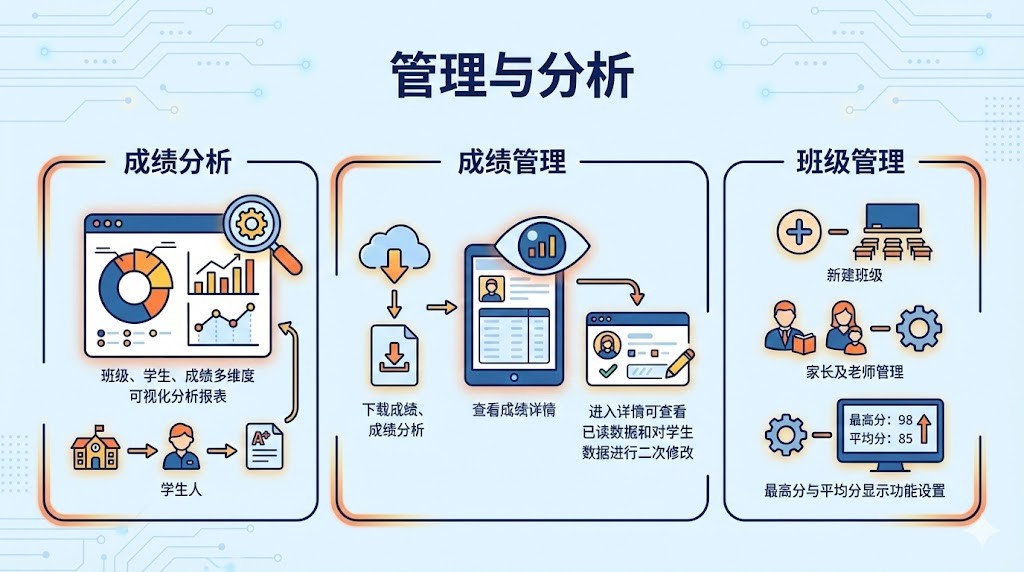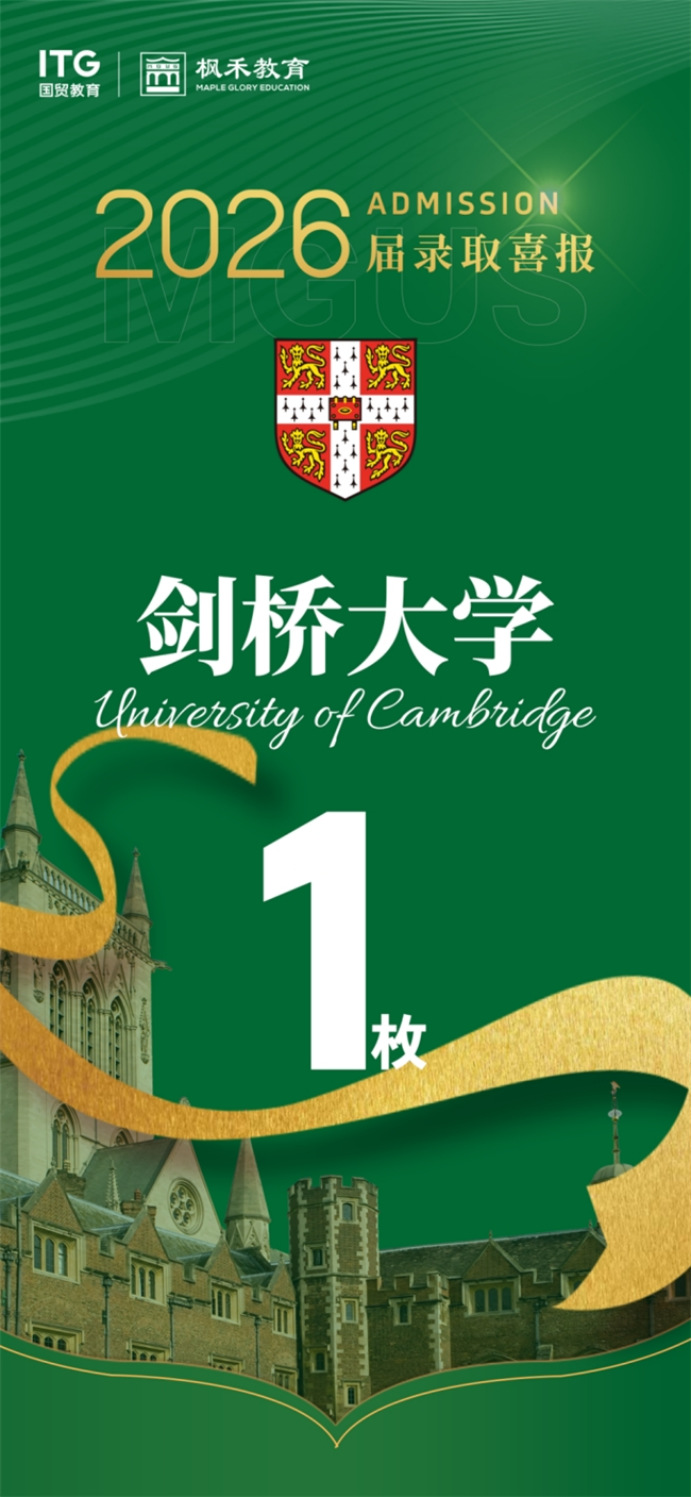The International Seminar on the 21st Century Maritime Silk Road Initiative was held in Quanzhou, southeast Chinas Fujian Province, on February 11-12. Beijing Review reporter Zhou Xiaoyan spoke to attendees of the seminar to hear their viewpoints on the most pressing questions related to the initiative. Edited excerpts of their views follow:
Objectives
Li Mingjiang (Associate Professor of Nanyang Technological
U n i v e r s i t y i n Singapore): After opening up to the world for more than three decades, China needs to open up its economy and carry out international cooperation at a deeper level. The Silk Road Economic Belt and 21st Century Maritime Silk Road initiatives are the answers to that demand.
Noriyoshi Ehara(Chief economist at Japan Institute of International Trade and Investment): After the reform and opening up, China realized three decades of economic boom. Now, China hopes to share its development with the world through the Silk Road Economic Belt and 21st Century Maritime Silk Road initiatives. As Chinas former leader Deng Xiaoping said, “Let a part of the population get rich first, and they will lead the rest to common prosperity.” Now China is adopting a similar strategy: to lead countries along the pro- posed trade routes to common prosperity after getting rich.
James Peck (Publisher of US-China Book Design Press): The 21st Century Maritime Silk Road is a reflection of an enormous transformation in the global order from a unipolar to a multipolar world. Its a very bold dynamic economic plan. Countries along the proposed 21st Century Maritime Silk Road can definitely benefit from the trade route. Economic development among these countries as well as cultural understanding and respect for each other is something that can create a certain energetic vitality among countries which historically share links but had not been able to cooperate economically, given the structure of the international order. The synergic development among those countries will offer an opportunity both for them and for world development.
Some people have falsely compared it to the historical U.S. initiative called the Marshall Plan. (Editors Note: Officially known as the European Recovery Program, the Marshall Plan invested $17 billion in the rebuilding and bolstering of European economies after World War II.) But unlike the Marshal Plan, which is very politically directed in the European context to undercut all sorts of political opposition groups in Europe, Chinas proposal is more about opening up relationships with other diverse cultures economically and politically, without demanding that they conform to Chinese standards and methods.
And this is a major difference with the United States, which has traditionally required a more universal sense that society should be more or less alike, or at least compatible. China embodies a very much different approach toward the world, a much more tolerant perspective, and China has learned to live with differences between different countries.
Therefore, in one sense, its like the Marshall Plan in that it can be very generous and open and can create all sorts of economic possibilities, but its not driven by that kind of hard-edge narrow political agenda.
Benefits
S i o n g S e n g T e o(Chairman of Singapore Business Federation): During the Ming Dynasty(1368-1644), China built maritime exchanges with Southeast Asia, Northeast Asia, Africa and the Middle East. The voyage logs by Chinas famous navigator Zheng He recorded the historic role played by Singapore in the Maritime Silk Road.
Compared with the ancient Maritime Silk Road, Singapore can play a bigger role in the 21st Century Maritime Silk Road proposed by Chinese President Xi Jinping.
Singapore is a key maritime and logistics center in the Asia-Pacific region, with a sound infrastructure; therefore it can be an intermediate center, supply center and maintenance center of the 21st Century Maritime Silk Road.
Singapore can be a springboard of Chinese companies eyeing overseas expansion. It can also help China better carry out regional cooperation with ASEAN. Members of the Singapore Business Federation are planning to organize a seminar on 21st Century Maritime Silk Road in Singapore.
Khin Maung Lynn (Joint Secretary of Myanmar Institute of Strategic and International Studies): Situated between China and India geographically and strategically, Myanmar stands to benefit both as an ASEAN member as well as a good neighbor of China from the 21st Century Maritime Silk Road initiative proposed by Chinese President Xi Jinping. Therefore, Myanmar should study all options of linking with this initiative and get maximum benefit for the country and people.
Its common sense that the maritime Silk Road initiative is the most logical and practical way of connecting countries between our regions. Maritime transport is also the easiest means of connectivity among distant regions and the present low oil prices will definitely help in decreasing costs in transport. With natural deep-sea ports along its long coastlines, Myanmar has an advantage in assisting and promoting international maritime transport network. What Myanmar needs is good planning, good management, financial contributions for its infrastructure development, training, human resource development and logistical support.
Myanmar hopes to have significant financial assistance and investment from heavyweight neighbors like India and China and both regional and global international financial organizations, for its infrastructure development to be able to support for the success of regional economic integration and enhanced connectivity.
Madan Kumar Dahal(Chairman of Mega Bank Nepal Ltd.): Nepal does not have direct access to the sea. This is the main issue confronting Nepal. There are more than 6,000 rivers in Nepal. We need to develop navigation so that we can reach the sea from our rivers. Navigation infrastructure development is very important. Therefore, an inland country like us can greatly benefit from the 21st Century Maritime Silk Road to connect us to the sea. Developing relevant infrastructure and technologies require huge investment. We expect China to be our close country, a very friendly country and to help us build navigation and improve Nepals navigation technology.
In addition, the electricity supply often falls short of demand in Nepal and blackouts often occur, but our country sees huge potential in hydropower. We hope China can help us develop that too. We will also advice our neighbor India to embrace this initiative.
Challenges
Li Xiangyang (Director of the National Institute of International Strategy under the Chinese Academy of Social Sciences): There will be many challenges during the establishment of the 21st Century Maritime Silk Road. Domestically, many local governments take the initiative as a chance to obtain government investment and favorable policies. Repeated construction by Chinese cities will result in homogeneous competition among them.
Externally, many obstacles stand in the way both economically and politically. From the economic perspective, some countries along the proposed trade route lack the foundation for economic cooperation with China. Politically, security risks exist in countries along the trade route and political instability in some countries can render previous governments promises to China void. In addition, intervention from countries outside the region, such as the United States and Japan, will make the proposal difficult to be implemented.
With that being said, difficulties shouldnt stop us from making progress, but a clear awareness of all the pros and cons is required to prevent China from potential risks.
Sameh El-Shahat (CEO of China-i Ltd., a risk management and public diplomacy advisory firm): Chinese companies are going to play the major role in the construction of the 21st Century Maritime Silk Road, but its important that Chinese companies also understand the risks. A large portion of the risks come from the fact that they are big, generous and friendly, but they lack a way to minimize risks and lack the understanding that the political and cultural situations of the countries around them can change. In response, they need to develop a way of dealing with the people of the countries they live in. They should understand that dealing with the government is important but not the most important thing. Sometimes the government changes, so they need to have a good relationship with local people.
Chinese companies spend significant time obtaining business licenses, but I think a social license is much more important. A social license is not a contract; rather, its peoples approval of your project. Monetary contributions, constructing railways and building hospitals are not enough. The people have to approve of what you are doing.
Another important thing is communication and consultation. Chinese companies need to develop better communication skills. Chinese companies should have Chinese-made value and philosophy to deal with their problems overseas. Right now, they dont have it.
Kanishka Goonewardena(Associate Professor at University of Toronto): First, I think the key criterion for success of the initiative is equality to ensure that the benefits of the initiative are spread among ordinary people, even people that were previously margined. Sometimes, with social disparities, economic development does not suit everyone. So the problem lies in how to spread benefits of the initiative throughout the population. Equitable planning to ensure social justice will be essential. It will make the initiative more appealing to countries along the 21st Century Maritime Silk Road.
Second, when talking about the initiative, China always emphasizes mutual benefits and inclusiveness. However, in a world thats still highly divided between the rich and the poor, China should carefully elaborate on those ideas and make the initiative better understood by others. n
此文由 中国教育导报-初中编辑,未经允许不得转载!: 中国教育导报 > 初中 » Maritime Connection Under Discussion


